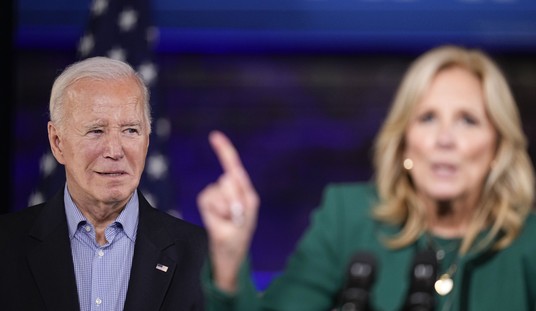When it comes to educating children, it might seem that state legislators had nothing better on their collective mind in the first half of 2016 than stopping transgendered boys and girls from switching bathrooms as dictated by their gender decisions.
True, that has taken up much time and made for heated discussions. The transgendered bathroom debate is seen as a new, critical battlefield in America’s culture wars.
But the question of who should decide how America’s children are tested and graded simmered, even though it might have been pushed to a burner behind the bathroom debate.
And while it might not be seen as part of the culture wars, it certainly inflamed the passions of those who didn’t want Washington or even their state’s government involved in their local classrooms.
A National Conference of State Legislatures study showed that more than 600 bills were introduced across America in 2016 that dealt with standardized student testing and teacher evaluation. That’s a drop from the more than 700 that were proposed in 2015, but 100 times more than the six similar pieces of legislation that were introduced in 2011.
The study showed more than 100 of the bills introduced in 2016 involved either forcing schools to tell parents of their rights to keep their kids from being tested, or giving parents the right to opt out of standardized testing.
Monty Neill, the executive director of Fair Test, the National Center for Fair and Open Testing, said May 9 that parents pulled more than 670,000 students out of standardized tests in 2015.
“This intense grassroots pressure is beginning to force policymakers to roll back standardized exam misuse and overuse,” said Neill. “The opt-out movement and other assessment reform initiatives exploded across the country this year as more parents said ‘enough is enough’ to high-stakes testing overkill.”
Neill said he expected the numbers of students opting out of standardized testing in 2016 to be even higher than the estimated total for 2015, which came in higher than anticipated.
“If anything, the initial estimate of half a million opt-outs in 2015 was low because many states have denied requests to make test refusal data public,” Neill said. “This intense grassroots pressure is beginning to force policymakers to roll back standardized exam misuse and overuse.”
A U.S. Department of Education statement showed federal bureaucrats are willing to admit that maybe they got a little carried away with the rush to test and then test again.
“No one set out to create situations where students spend too much time taking standardized tests or where tests are redundant or fail to provide useful information. Nevertheless, these problems are occurring in many places — unintended effects of policies that have aimed to provide more useful information to educators, families, students, and policymakers and to ensure attention to the learning progress of low-income and minority students, English learners, students with disabilities, and members of other groups that have been traditionally underserved,” the statement read.
“These aims are right, but support in implementing them well has been inadequate, including from this (Obama) administration,” the statement concluded.
The revolt against standardized state and federal testing has also affected the way public school teachers are evaluated.
Georgia Gov. Nathan Deal (R) signed legislation in early May that both reduced the number of standardized tests that students are subjected to and lowered the importance of “student growth” for the evaluation of teachers.
Fair Test’s Neill said the state of New York led the way regarding the revolt against standardized testing with nearly half a million students opting out of state exams in 2015.
The New York Post reported in April that some “renegade” public school teachers were encouraging parents to boycott state English and math Common Core exams.
But Yvonne Gasperino, the founder of Stop Common Core in New York State, told the Heartland Institute that students and parents being hassled and even bullied when they opted out was far more widespread.
“We have received many personal testimonies from parents across the state each year explaining their personal stories of intimidation tactics, favoritism … grade extortion, personal phone calls by some teachers trying to influence the parent’s decision, bribery via contests with monetary or other rewards, and exerting authority over the children who refused … [as well as] children being reprimanded by some school officials for decisions their parents made on their behalf,” she said.
The New York Legislature is going to have to deal with the standardized testing revolt and its backlash.
State Sen. Joseph Griffo (R) and state Assemblyman Anthony Brindisi have introduced legislation that begins with their bipartisan belief that New York’s Common Core learning standards and standardized testing are broken, and need to be fixed.
“My legislation would reset the whole flawed testing process by allowing stakeholders in education the opportunity to determine the best approach to teach our children and judge the performance of their teachers,” said Griffo.
Brindisi described the testing process more bluntly. He called it “a dismal failure” and said it was time to take education out of Albany’s hands.
FairTest Public Education Director Bob Schaeffer does not expect Georgia, Utah or New York to be the last state legislatures that will be forced to deal with parents angered by overreach into their kids’ classrooms.
“The assessment reform movement is energizing ever-growing legions of parents, students, educators, school administrators, and community leaders,” Schaeffer said. “In the 2016 testing season, we expect (to find) many more families have refused to take part in unnecessary testing, which undermines educational quality and equity.”









Join the conversation as a VIP Member